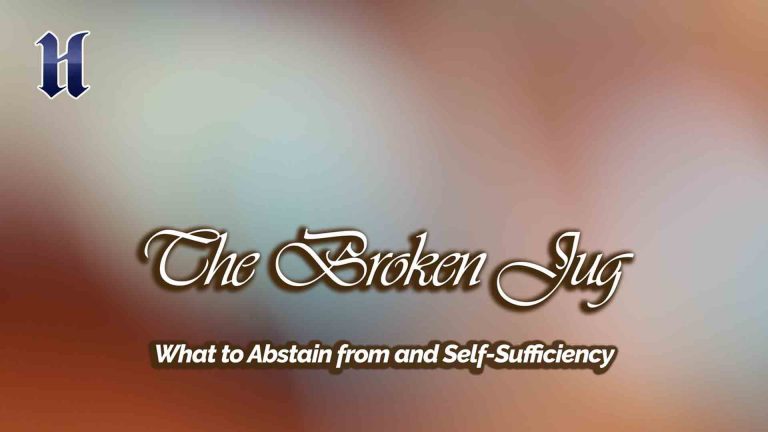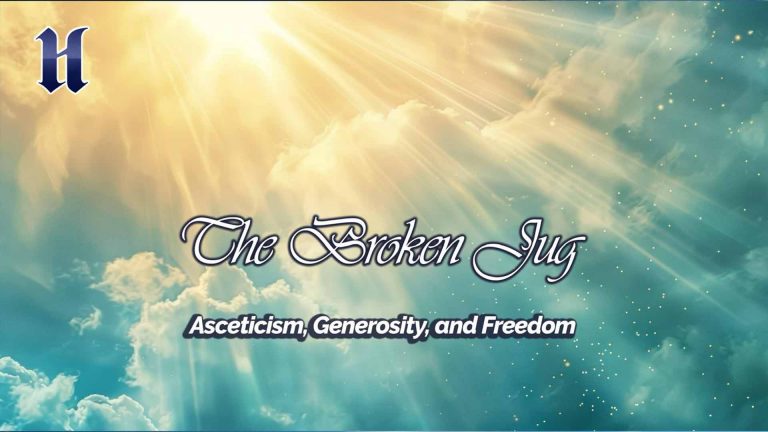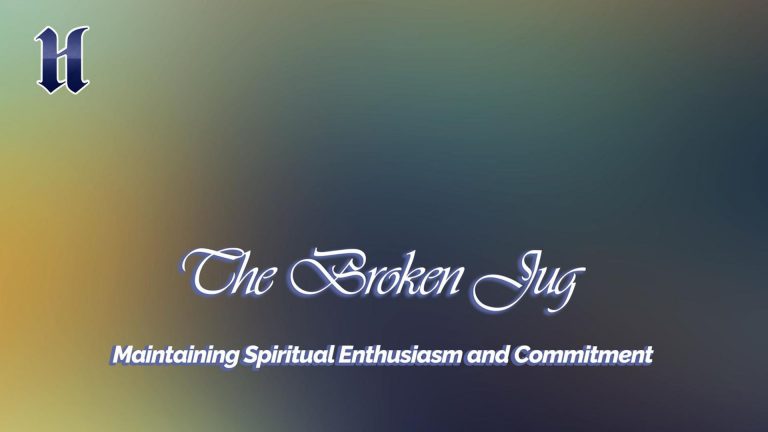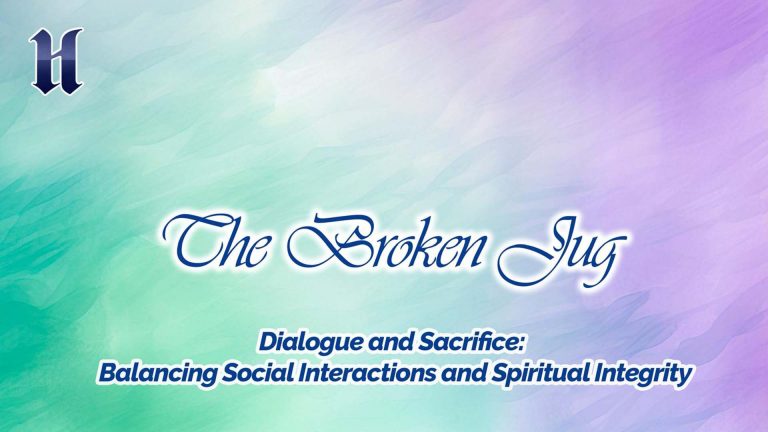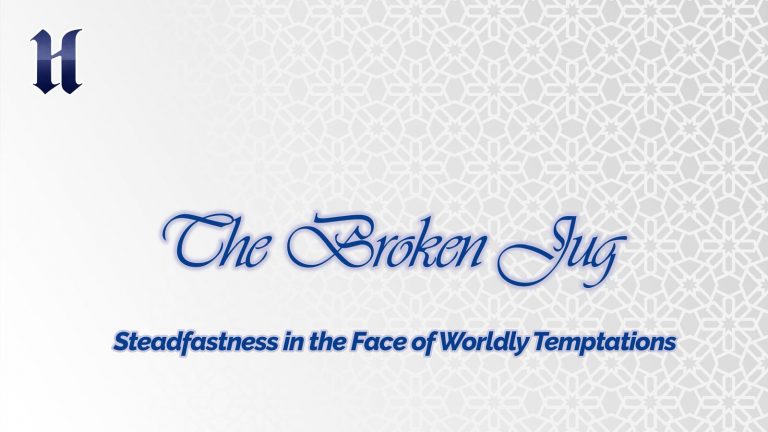Doing or producing something good and beautiful and ensuring that others perceive these beauties as “beautiful,” and then sustaining these beauties, are two different things. Indeed, working on diligently like a laborer, opening educational institutions, shedding light on the paths people walk, and reaching out to all corners of the world despite limited material resources and means are beautiful services that deserve recognition and applause. However, maintaining this work flawlessly and without imperfections is just as important as starting it and bringing it to a certain level. For this purpose, serious intellectual effort, reasonable and strategic action, of course, are necessary. Regardless of the location of the service, it can be considered as the initial steps of this strategy to analyze it very well, to read the feelings of the individuals involved very well, to take into account the current conjuncture, and to preemptively address the problems that may arise in the short and long term.
If we delve a bit deeper, you may have initiated a task with very sincere feelings. Your emotions, thoughts, and attitudes are very humane. At the core of all your activities lies the pleasure of God and the benefit of humanity. You are progressing by building your plans on both the firm principles of religion and universal values. You have no issues with anyone. However, after a certain stage, you should not forget that there may be individuals with very different thoughts, intentions, and understandings who could have problems with you. Here, relying solely on your sincerity, good intention and authenticity would be incomplete. If you have not been able to read the feelings of others correctly and cannot foresee certain events that may occur in the future, despite showering some people with kindness and favors, your acts of goodwill may not yield the expected results and could lead to antipathy towards you.
That’s why it is necessary to step back appropriately and consider various approaches for those you interact with. This could involve saying, “You know this job better and can do it better,” engaging in collective work with them, presenting the matter with different perspectives, colors and patterns to broaden their horizons, and assuming a role as an enlightening and stimulating guide through the support you provide. These are different ways of action that today’s dedicated individuals should contemplate.
By acting with humane feelings, you can rush to the aid of people affected by disasters such as earthquakes, floods, and storms in different parts of the world. However, if you do not consider the different dynamics in those places, even in such a well-intentioned endeavor, you may eventually draw the hostile feelings of certain local or foreign groups. For instance, the continuous applause for some of the commendable work you do, the attention directed towards you, can breed envy in some individuals.
To provide a concrete example; let’s say you’ve opened schools in a country, and these schools have been remarkably successful. Students from your schools consistently win medals in various competitions and science Olympiads. As other schools fail to achieve the same level of success, envy might develop towards you. Some may view you as a competitor and engage in a rivalry, or even go to great lengths to try and shut down your schools. It’s essential to foresee all of these possibilities in advance, take necessary precautions, and develop the right approaches accordingly.
Wherever we serve, we must thoroughly understand the conditions of that place and act accordingly. There is no need to suspect secrecy or ill intent in this; it’s simply about ensuring the continuity of the good deeds and acts of kindness. As mentioned earlier, not everyone can interpret everything correctly and appropriately. That’s why we must proceed not only with good intentions but also with knowledge and research. Some societies may not want individuals educated in your institutions to have a say in the future of their own countries as intellectuals, fearing that a foreign culture might erase their values and replace them with its own. We shouldn’t let them say, “A culture came and wiped out all our values, replacing them with their own, and they did this with our generation.” Therefore, flexibility and assurance should be prominent in the education of individuals in these places, not causing them concern. Our fundamental principle was, after all: When we go somewhere, while sharing our own beauties with people by explaining and endearing them, we should also learn and appreciate the beauties of that place, enriching our own values. In this way, by melting all of humanity’s values into one pot, we can generate a universal collection of human values where everyone can find something of themselves within it.
However, in your determination to act reasonably and strategically, you should not compromise your character and your own values. You have to stand yourself, maintain your own position, where you want to hold someone else and lift them up. A person who rashly and unpreparedly jumps into a swamp to save someone who is drowning, perhaps admired for their courage, but in such a situation, neither of them can be saved.
A good example of this is found in the 65th verse of the Surah Al-Anfal, where Allah, after stating that one person in an ideal community of believers equipped with patience is worth ten individuals, in the 66th verse, establishes a strategy by considering human reality, stating that the strategy should be set at a ratio of one to two. This means that it is not right to engage in a struggle in the name of heroism where such a balance of power does not exist. If you march against a powerful army with only a handful of people, you will end up with casualties. Your sacrifices should have a goal to achieve. This requires them to be done consciously, thoughtfully, and well calculated.
Reason is a significant gift from Allah to humanity. Thought is its product. Humans should not live disconnected from reason and thought; they should make their conscience companions to these faculties and, as Muslims, test their issues with the philosophy of siyer. This means evaluating the blessed life of our Prophet (peace be upon him), his expressions, actions, and judgments, taking into account the conditions and circumstances of today, and trying to solve our problems on this solid foundation.
The architects of the heart should act in accordance with the fundamental disciplines found in the Qur’an and Sunnah and prioritize action. Because the intellectual aspect of the matter will be shaped later, to some extent, depending on the determinants of the circumstances. To elaborate further, initially, a journey should begin with adherence to fundamental disciplines and a concise plan. Then, while progressing on the path, intellect and thought should be employed to solve encountered problems, and more detailed plans should emerge regarding how and where to act. During the implementation of these plans, reasoning and collective consciousness should continue to be applied. As a result, this process will become a virtuous cycle where thought fuels action, and action, in turn, enriches thought, leading to the desired goal. If you claim to plan and project every detail from start to finish and then implement it right away, your plan may not align with the conditions you will face later. This can lead those at the beginning of the process toward despotism, dictatorship and totalitarianism, resulting in oppression, coercion, the formation of oligarchic structures, and the emergence of irresponsible, unaccountable charismatic leaders.


